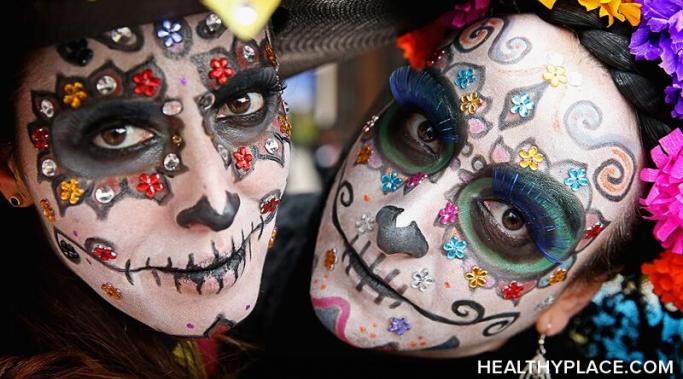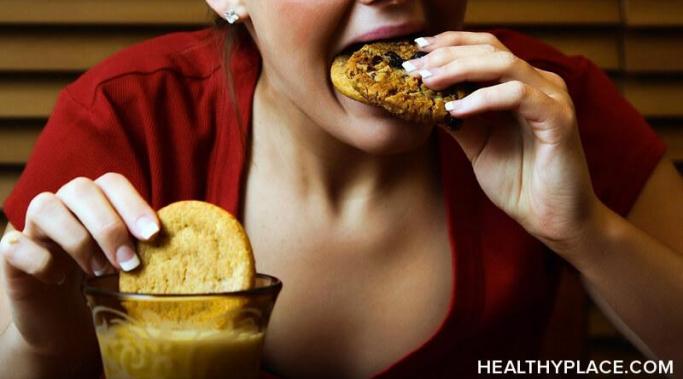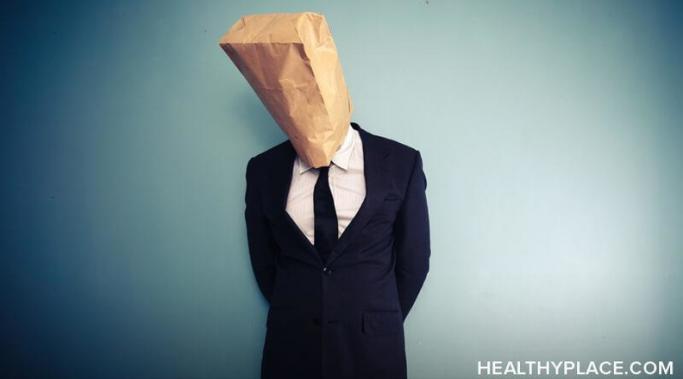Binge eating at festivals used to be an issue for me. Festivals have always been a highlight of my year. The joy, laughter, and abundance of food make these times special. However, for many years, the celebration was marred by my struggle with binge eating. Learning to manage binge eating at festivals was not easy, but through personal experience and practical strategies, I have found ways to enjoy festivals without overindulging. Here's how I did it.
Overeating
I recently bought a deck of cards full of question prompts, and one of the first question cards I drew was, "What is your vice?" The answer that surfaced for me was familiar: food. I will always be conscious about food, even in times of ease in my recovery. Sometimes this reality is frustrating, and I envy the people around me who seem to enjoy food without stress or guilt. I also learn about the depths of myself from the healing process. The lessons I've taken from binge eating disorder remind me that there's always more to uncover about myself and eating disorders like binge eating disorder (BED).
When I drive through the familiar streets of my hometown, I experience a sharp realization that time is passing. My family is older, and my hair is thinning and greying. My friends have moved to different cities or states. I notice I feel completely different about my life and my future compared to when I was growing up with an eating disorder. My experience with eating disorders, and specifically binge eating disorder (BED), used to suck the vitality out of my life and leave behind a rigid pattern of living that made me dread my future.
The mornings I've woken up after a binge have been the lowest points of my self-esteem. No matter how many times you've recovered from a binge, it's always an awful feeling to wake up and remember what happened the day before. How do you recover after a binge? How do you help yourself so you don't continue the cycle of binge eating and restriction?
Is there a difference between overeating and binge eating? During my eating disorder recovery, I didn't know anyone else who was openly struggling with binge eating or overeating, so I didn't know which category I fit under. Now I know I've experienced both overeating (as most people have) and binge eating. The labels might seem arbitrary, but there are distinctions between overeating and binge eating.
For 20 years, every bingeing relapse caused me so much guilt, I returned to binge eating. Until recently, I considered every bingeing relapse a disaster and myself as a failure that would never get better. Binge eating is one of the most difficult aspects of my life to discuss because I feel guilty that there are hungry people and I overeat. I also feel ashamed that I allow myself to lose control like this, so when I have a bingeing relapse, all of these emotions intensify. It was not until I stopped thinking in terms of success and failure that I began making progress, and I’d like to share ways I have retrained my brain to navigate my recovery and learn from a bingeing relapse.
It's a common joke that people, particularly women, who go to college gain 15 pounds their first year (or semester, depending on who you're listening to), but when you have binge eating disorder and you go to college, the weight changes you could experience are nothing to joke about (Make Time For Binge Eating Disorder In College). Nothing is quite like the stress of college. When stress triggers your binge eating disorder at college, binges and weight gain can collide.
Spring holidays are coming up fast and when you have binge eating disorder (BED), it can be a difficult time to survive. Parties and social gatherings can trigger your binge eating disorder, relatives and friends can play any variety of roles, including food police and concern troll, and beyond all of that, there's seasonal foods that can lead to overeating or binging. Here are some tips on surviving the spring holidays with binge eating disorder.
Recent studies have revealed that people with eating disorders often engage in self-harm.1 Self-harm is defined as non-lethal harm done to the self. It can include minor burns, cutting the skin, or even knowingly engaging in the symptoms of the eating disorder. People with binge eating disorder might engage in self-harm.
It's one thing to know what your binge eating disorder triggers are, but when one of your binge eating disorder triggers is parties, things can get complicated. How do you cope with your binge eating disorder when one of your triggers is a completely average, social gathering? With the holidays upon us it's natural to get invited to lots of parties and gatherings where triggering food, events, and people might be present. How do you handle it when parties are your binge eating disorder trigger?









